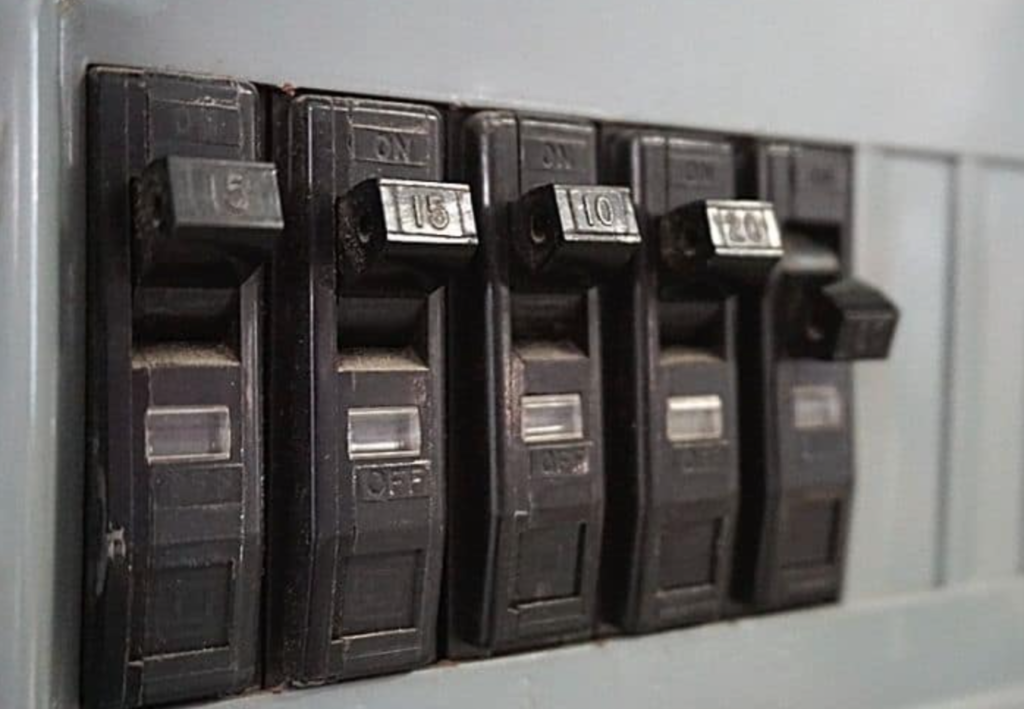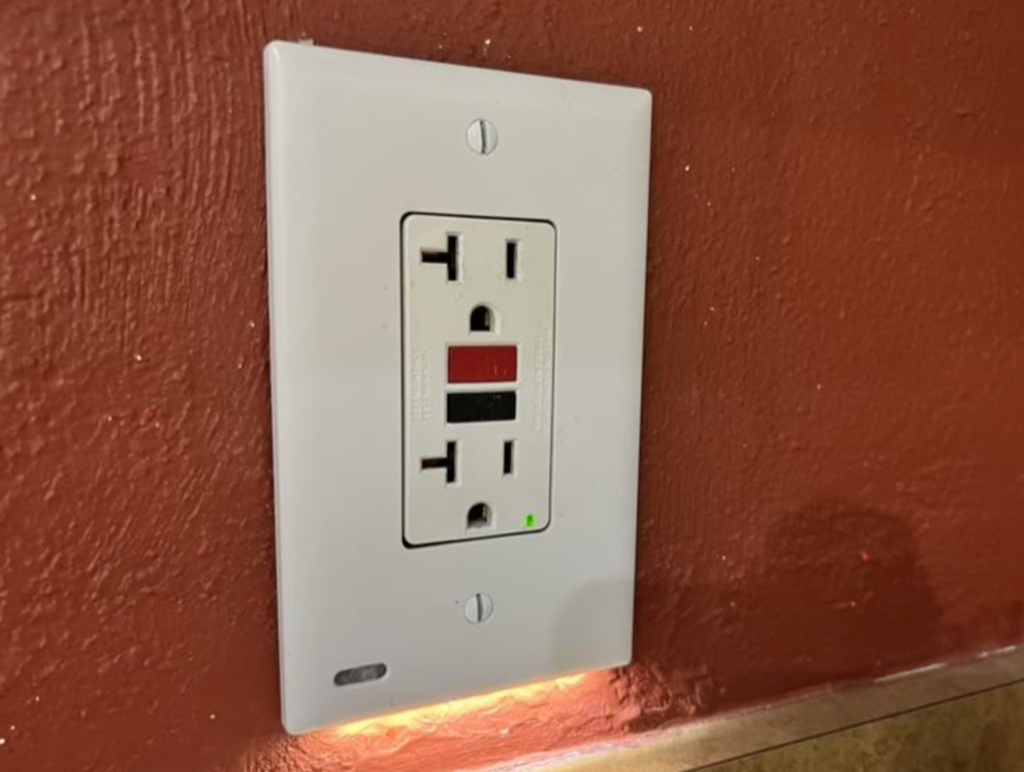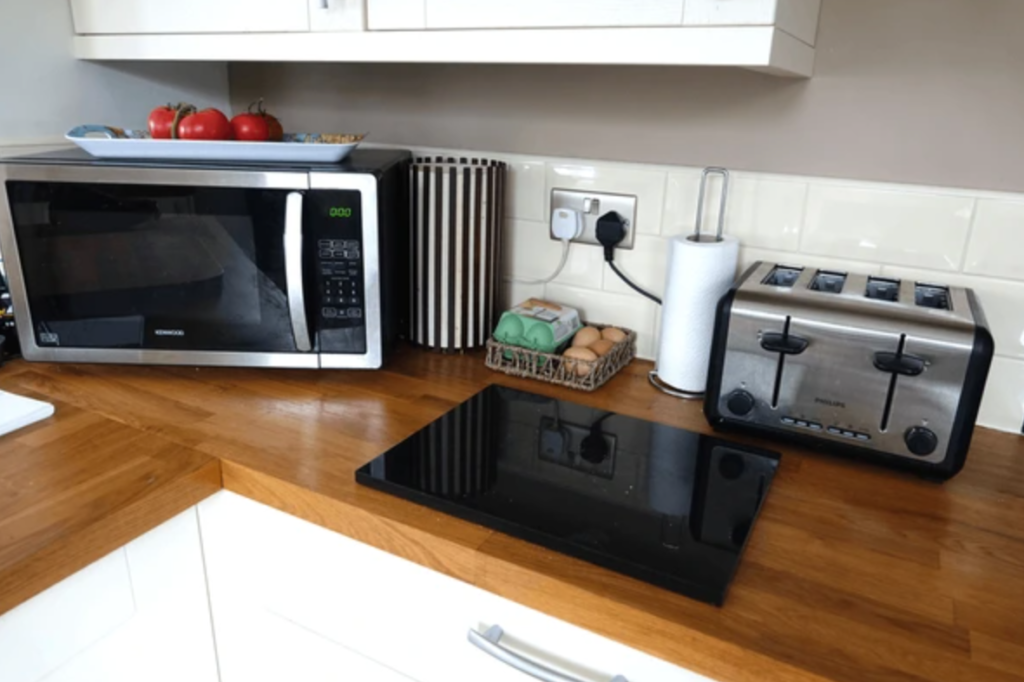Power outlets are an essential part of our daily lives, powering everything from our kitchen appliances to our smartphones. When an outlet stops working, it can be inconvenient and even frustrating. While some issues are minor and easy to resolve, others require professional intervention. Let’s explore the most common reasons why power outlets stop working and how to address these issues effectively.
1. Tripped Circuit Breaker
One of the most common causes of non-working outlets is a tripped circuit breaker. Circuit breakers are designed to shut off power to a specific circuit if it becomes overloaded or short-circuited.

How to Fix It:
- Locate your home’s electrical panel, usually found in the garage, basement, or utility room.
- Look for any breakers that are not fully in the “on” position or have switched to the middle or “off” position.
- Reset the breaker by turning it fully off and then back on.
If the breaker trips again, it may indicate a more serious issue, such as an overloaded circuit or faulty wiring, and you should contact an electrician.
2. Blown Fuse
In homes with older electrical systems, a blown fuse may be the culprit. Fuses work similarly to breakers by protecting your home from electrical overloads.
How to Fix It:
- Inspect the fuse box to see if a fuse has blown (a melted or broken filament is a clear sign).
- Replace the blown fuse with one of the same amperage.
If fuses continue to blow, this could signal outdated wiring or a circuit that’s drawing too much power.
3. GFCI Outlet Tripped
Ground Fault Circuit Interrupter (GFCI) outlets are common in kitchens, bathrooms, and other areas where water is present. These outlets have built-in safety mechanisms to shut off power when a ground fault is detected.

How to Fix It:
- Look for a GFCI outlet nearby, as the problem may affect multiple outlets in the same circuit.
- Press the “reset” button on the outlet to restore power.
If the GFCI continues to trip, there may be an underlying issue such as a faulty appliance or moisture intrusion.
4. Loose or Damaged Wiring
Loose or damaged wiring inside the outlet or the circuit can also cause an outlet to stop working. This is a safety concern, as damaged wires can lead to electrical fires.
How to Fix It:
- Turn off power to the outlet at the circuit breaker.
- Remove the outlet cover to inspect the wiring (if you’re comfortable doing so).
- Look for loose connections, frayed wires, or signs of burning.
Important: If you notice any damage, call a licensed electrician immediately to repair or replace the outlet safely.
5. Worn-Out Outlet
Outlets can wear out over time, especially if they are used frequently. Signs of a worn-out outlet include loose plugs, discolored surfaces, or no power delivery despite proper wiring.
How to Fix It:
- Replace the outlet with a new one.
- If you’re unfamiliar with electrical work, hire a professional electrician to ensure the replacement is done safely and up to code.
6. Faulty Appliances
Sometimes the issue isn’t the outlet but the appliance plugged into it. A malfunctioning appliance can trip the circuit or fail to power on, giving the impression that the outlet is the problem.

How to Troubleshoot:
- Plug a different device into the outlet to test if it works.
- If other devices work, the appliance may need repair or replacement.
7. Issues with the Entire Circuit
If multiple outlets in one area aren’t working, it could indicate a problem with the entire circuit. This might be due to an overloaded circuit, faulty wiring, or a malfunctioning breaker.
How to Fix It:
- Reduce the number of devices plugged into the circuit.
- If the problem persists, contact an electrician to diagnose and repair the issue.
8. External Power Supply Issues
Occasionally, the issue might be beyond your home’s electrical system. A power outage or issue with the utility company’s supply to your home could be the root cause.
What to Do:
- Check if other homes in your area are experiencing outages.
- Contact your utility company for updates or to report the issue.
When to Call a Professional
While some outlet issues can be resolved with simple troubleshooting, others require the expertise of a licensed electrician. Call a professional if:
- You’re unsure about handling electrical repairs.
- You notice burning smells, sparks, or scorch marks around the outlet.
- Circuit breakers or GFCI outlets trip repeatedly.
- Multiple outlets or circuits are affected.
Preventing Outlet Problems
To minimize the chances of outlets failing in the future:
- Avoid overloading circuits by using too many high-wattage appliances on one outlet.
- Replace old or damaged outlets promptly.
- Install surge protectors to safeguard your electrical system during power surges.
- Schedule regular electrical inspections with a licensed professional.
Trust FYI Contracting for Your Electrical Needs
Outlet problems can be frustrating and even hazardous if left unresolved. At FYI Contracting, we specialize in diagnosing and repairing electrical issues to keep your home safe and functional. Whether it’s a simple outlet replacement or a comprehensive electrical inspection, our licensed electricians are here to help.
Contact us today to schedule a service appointment and ensure your home’s electrical system is working flawlessly!










